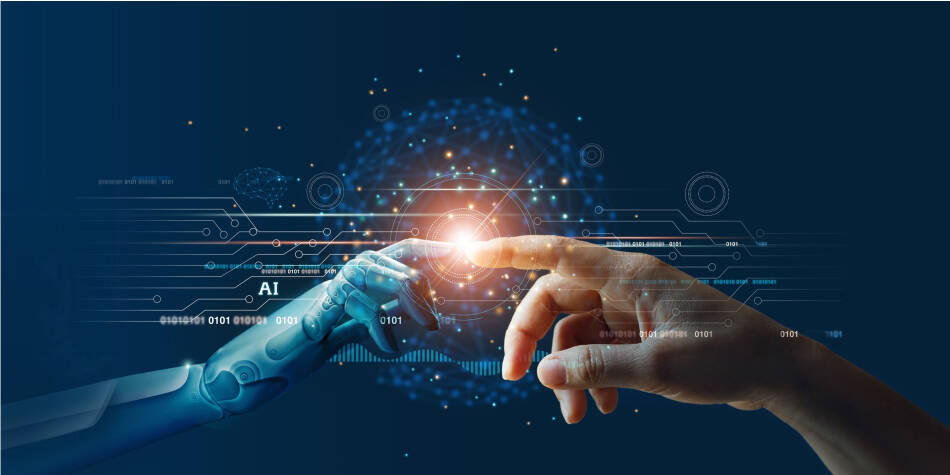Artificial intelligence expert Jon Hernández warns: "In two years, anyone who isn't fluent in AI will be out of the job market."

The history of technology shows a repeated pattern: those who adapt first are those who ultimately lead the changes . This happened with the arrival of the personal computer, the expansion of the internet, and later with the widespread use of smartphones.
Today, the new turning point has a name: artificial intelligence (AI) . It's no longer a science fiction concept, but an everyday tool that is transforming entire industries.
Although its scope has not yet been fully assimilated by society and businesses, its impact is being measured not only in terms of innovation, but also in the workplace. The big question is: what will happen to those who fail to adapt in time?
To address this scenario, Spanish artificial intelligence popularizer Jon Hernández shared his thoughts on the podcast The Formula for Success, hosted by Uri Sabat.
In his speech, he warned that the time to catch up is limited and that the window of opportunity will be brief. His diagnosis was forceful and left no room for ambiguous interpretation: the future employment of those who are not familiar with AI is at imminent risk.

Artificial intelligence is redefining jobs and demanding rapid adaptation to avoid being left behind. Photo: iStock
Hernández clearly stated that the transformation in the workforce will be radical in a very short time. “I believe that in two years, things can change a lot. To the point that, in two years, anyone who isn't fluent in artificial intelligence will be out of the labor market. That's in Spain, let alone in other places where it might be earlier,” he noted.
The basis of his argument is based on the speed at which technology evolves versus the slowness with which companies adopt it . According to him, there are still companies that maintain manual processes, even for basic management. "We still see companies that continue to manage processes with manual delivery notes, even though they haven't even integrated Excel. It's very sad, but true," he commented.
This gap between what technology offers and organizations' willingness to incorporate it, according to the specialist, creates a false sense of security for workers.
"Today, the luck of those who don't know anything about artificial intelligence is that their boss knows even less. If he knew what I know, I would have replaced him by now," he added in his speech. For Hernández, this temporary advantage will soon disappear and mark a turning point in employability.

In two years, a lack of fluency in AI will jeopardize employability, warns an expert. Photo: iStock
The popularizer also emphasized that the limitations lie not in the effectiveness of artificial intelligence, but in human and structural factors that hinder its integration . "Due to costs, corporate culture, or because your boss is a dinosaur... The resistance is there," he explained. However, he asserted that this resistance has a time limit.
In his view, in the short term, the labor market will reach a point where the adoption of these tools will be inevitable . "In two years, we'll be at a point where everyone will be using artificial intelligence at work, no matter what. And if you don't know how to use it, unless your job doesn't involve a computer, you won't be hired," he stated.
What Hernández suggests is not just a warning, but a call to action for professionals and companies. The lesson is clear: learning to use artificial intelligence has ceased to be an added value and has become a necessary minimum skill.
The emergence of this technology is no longer a phenomenon of the future, but a present reality that redefines how we work. The central question, the specialist concluded, is whether each person will be able to adapt in time before change becomes imminent without any choice.
*This content was written with the assistance of artificial intelligence, based on publicly available information released to media outlets. It was also reviewed by the journalist and an editor.
More news in EL TIEMPOeltiempo




